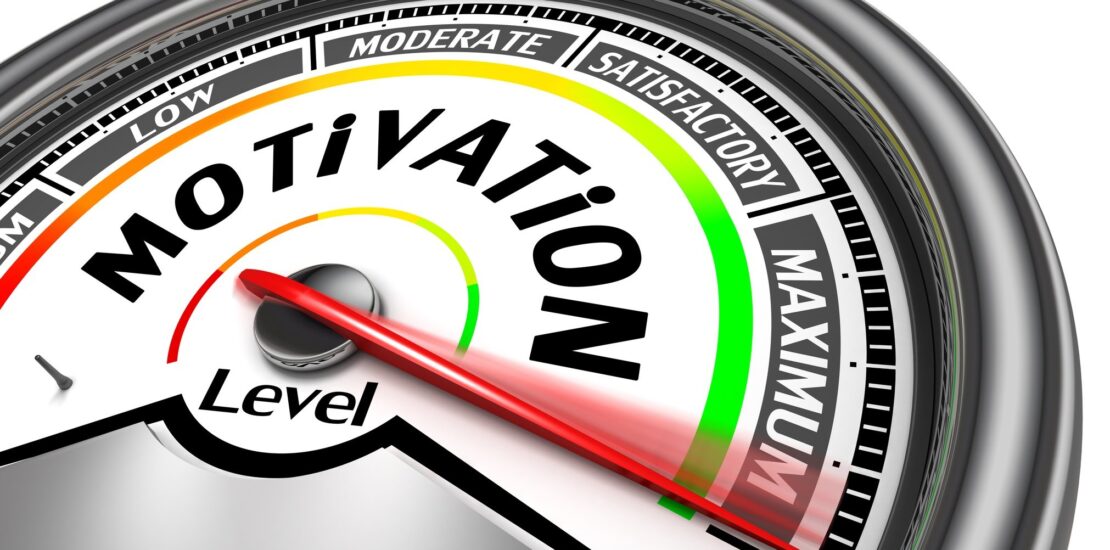sales incentives
-
The Future of Selling – Understanding This Crucial Sales Competency is More Important Than Ever
- April 12, 2017
- Posted by: Dave Kurlan
- Category: Understanding the Sales Force

Sales Motivation is one competency where the changes have been dramatic over a very short period of time and today I want to share those changes, as well as how the changes impact salespeople, sales leaders and sales organizations.
-
How to Run a Killer Sales Incentive Contest
- February 6, 2014
- Posted by: Dave Kurlan
- Category: Understanding the Sales Force
Incentive programs are still very powerful as long as you make sure they don’t last for more than 90 days. There are other factors that can make the difference between an effective and ineffective program. Consider the three most important concepts: Everyone must believe that they can win the contest, there should be more than 1 winner, and the rewards must be motivating enough for them to go into overdrive to win one.
Let’s begin with how you get them to believe they can win.
-
World Series, Super Bowl and the Sales Force – The Rallying Cry
- February 5, 2014
- Posted by: Dave Kurlan
- Category: Understanding the Sales Force
With selling being such an individual sport, can any of this character and culture stuff be applied to a sales force? Let’s discuss it and figure it out.
-
Salespeople Must Use & Embrace Life’s Most Embarrassing Moments
- September 27, 2012
- Posted by: Dave Kurlan
- Category: Understanding the Sales Force
Can you remember that time, back in school, when you did something so embarrassing that you wanted to run away and hide forever? Of course you do – it was all about you. But I will wager any amount of money that you are the only one who remembers. The others who were there that day and anyone you might have told have long forgotten. It – wasn’t – about – them.
The same phenomenon applies to selling.
-
How to Get Top Performance From Your Salespeople in December
- December 5, 2011
- Posted by: Dave Kurlan
- Category: Understanding the Sales Force
Heading into the last week of the month, quarter or year, would you prefer to be ahead of goal or behind? And what about your salespeople – would you prefer for them to be ahead of goal or behind?
Are you sure? I didn’t ask how you wanted them to finish…
-
The Sales Manager as Ice Cream Man
- June 27, 2011
- Posted by: Dave Kurlan
- Category: Understanding the Sales Force
You may not be able to promise them ice cream in return for scheduling 8 new meetings this week, but I’m sure there is something that will motivate them to do it. The question is, “what?”
-
What We Think about Sales Motivation is All Wrong
- September 16, 2009
- Posted by: Dave Kurlan
- Category: Understanding the Sales Force
Arno was kind enough to point my attention to this great video presentation from Dan Pink on the science of motivation.
Dan uses science, examples and case histories to tell us that almost everything we thought about motivation is wrong….or is it?
He never mentioned sales, selling, the sales force and salespeople specifically, but we do know that he said this:

